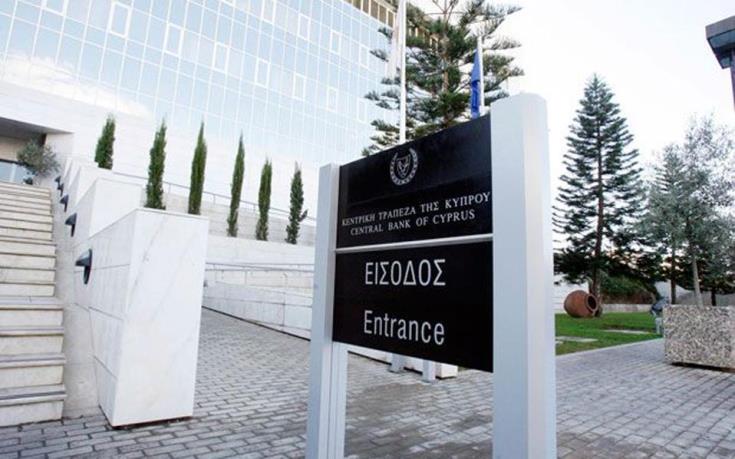The magnitude of the impact on the Cyprus economy from the war in Ukraine will depend on the duration of hostilities, and sanctions against Russia, Central Bank of Cyprus (CBC) Governor Constantinos Herodotou has said.
In his opening statement on the CBC’s annual report, published on Friday, Herodotou said the bank’s December 2021 forecasts for the economy were outdated due to the Russian invasion of Ukraine and that the outlook was highly uncertain.
“The economic consequences are expected to arise via further rises in commodity prices and losses in tourism and other services exports,” he said.
“Indirect impacts are foreseen due to the deterioration in international economic activity owing to confidence effects on business and consumer sentiment”.
At the same time, he added, inflation is projected to increase significantly in 2022 due to increases in energy prices as well as the broadening of inflationary pressures in food, the categories of services and non-energy industrial goods.
However, a normalisation of inflation pressures is expected over 2023-24 with a relatively small impact expected on unemployment in 2022, with a continuation of this downward trajectory in the coming years.
Herodotou said the island’s economic growth rate for 2022 has been estimated down to 2.3 per cent compared to the initial estimate of 3.6 per cent last December, while inflation for the whole year appears more than double the initial estimate due to the negative geopolitical developments.
“In relation to the growth of the economy in 2022 and taking into account the new negative geopolitical developments, GDP growth of around 2.3 per cent is expected compared to an increase of 3.6 per cent estimated in December 2021,” said Herodotou.
According to the central bank governor, inflation in 2022, taking into account new negative geopolitical developments, is expected to rise to around 6.8 per cent, compared to 2.5 per cent estimated in December 2021.
At the same time, Herodotou pointed out that the banking sector now faces the risks arising from climate change and the goal/agreement of countries to reduce carbon dioxide emissions, on top of challenges related to non-performing loans, the rationalisation of banking business models and digitalisation.
The report referred to the guidelines issued by the ECB in November 2020 on climate change risk management, which set out its expectations of how credit institutions should manage the risks on their balance sheets.
According to Herodotou, Cypriot credit institutions will participate in a stress-test in 2022 conducted by the ECB on the risks arising from climate change.
He added that in addition to the significant credit institutions to which the guidelines are addressed, smaller institutions should also evaluate and apply the guidelines mentioned, keeping in mind the principle of proportionality.
Herodotou noted that the Central Bank has already asked the smaller credit institutions to assess their readiness to implement these guidelines.
Meanwhile in 2021, despite continued deleveraging, the size of the banking sector in 2021 showed an increase, which is due to the increase in their liquidity as a result of the increase in deposits of around €51.5bn in 2021, which is the highest level recorded since the 2013 crisis.







Click here to change your cookie preferences